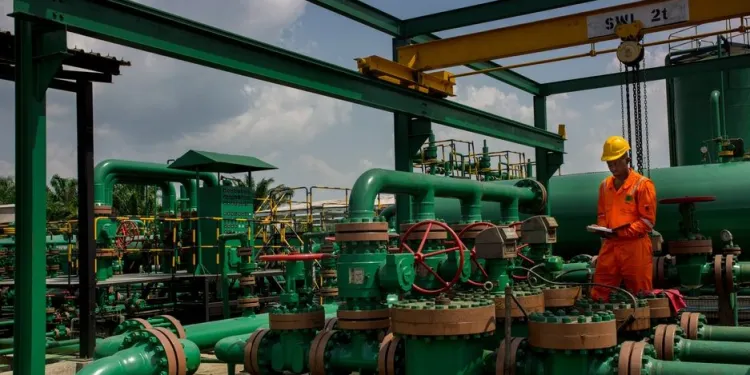As the Nigerian government pushes forward with reforms in the oil and gas sector, industry experts are raising the alarm that policy changes alone won’t win back investor confidence without credible follow-through and concrete incentives.
At the unveiling of the 2025 Investor Perception Survey by Arbiterz Conferences in collaboration with Good Governance Africa (GGA), stakeholders voiced concern that Nigeria’s reputation for weak policy execution continues to overshadow recent legislative gains like the Petroleum Industry Act (PIA) and executive orders aimed at restructuring the energy space.
Dr. Ogho Okiti, head of the Africa Business Convention, said that while reforms are commendable, the government must do more to restore trust.
“Reforms without implementation are empty signals. Investors are watching not what we say, but what we deliver. Infrastructure gaps, forex instability, and policy misalignment are still hurting investor sentiment,” he said.
Rather than focus solely on upstream oil, Okiti urged a strategic pivot towards gas, where Nigeria holds enormous potential. “We can’t afford to treat gas as an afterthought. It needs its own roadmap, backed by incentives and clear infrastructure investments,” he added.
Dr. Ayodele Oni, Partner at Bloomfield LP, framed the issue as one of credibility. “A law on paper doesn’t attract investment. Implementation by capable hands does,” he noted.
He argued that policy execution must be matched with institutional integrity, where agencies work in harmony and the judiciary acts consistently to protect investments.
Publisher of Africa Oil & Gas Report, Toyin Akinosho, pointed out that despite the reform rhetoric, many investors remain unconvinced.
“Nigeria has a communication problem. We’re not telling the world how local content is growing or how much gas potential remains untapped. Meanwhile, countries like Qatar keep telling compelling investment stories—and delivering,” he said.
The Investor Perception Survey reveals a recurring theme: stakeholders appreciate the direction of current reforms but remain skeptical about their long-term impact due to Nigeria’s checkered history with policy follow-through.
Dr. Abimbola Agboluaje of Arbiterz Conferences summed it up: “Investor perception is a mirror. It reflects our past inconsistencies as much as it shows future potential. Execution is everything now.”
In a forward-looking move, the License to Energy conference scheduled for September 2025 is set to address these issues head-on.
With the theme “Pitching Nigerian Gas to the World”, the event aims to reframe the narrative by focusing on how to structure gas investments for long-term success.

